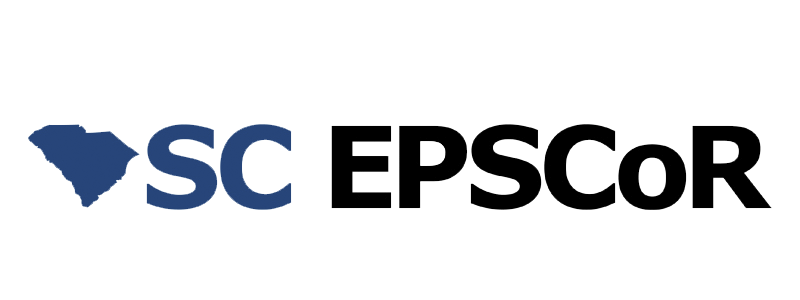- Home
- About ADAPT in SC
About ADAPT in SC
About

The vision of the AI-enabled Devices for the Advancement of Personalized and Transformative Healthcare in South Carolina” (ADAPT) project is to build research capacity at the nexus of artificial intelligence (AI), life and social sciences, and bioengineering through fundamental research, education, workforce development, and industry partnerships. Building this capacity will significantly accelerate the development and deployment of AI solutions to create next-generation biomedical devices that will improve healthcare outcomes and address the healthcare needs of South Carolinians, especially those in underserved regions. ADAPT will contribute to South Carolin’s AI-enabled biomedical device industry by fostering cross-cutting STEM research throughout the state and translating research outcomes into new technologies. Participation in AI development and associated biomedical device research will be recruiting and supporting trainees from groups traditionally underrepresented through STEM camps, teacher engagement, and retention/persistence initiatives along the STEM pipeline.

ADAPT will be led by Clemson University in partnership with Benedict College, The Citadel, Claflin University, College of Charleston, Francis Marion University, Medical University of South Carolina, South Carolina Research Authority, South Carolina State University, Tri-County Technical College, University of South Carolina, and Winthrop University.
Focus
ADAPT research will focus on emerging biomedical AI and its integration with targeted biomedical devices for use in three phases of medical interventions: diagnosis, treatment, and rehabilitation. The AI-enabling Core will take on fundamental research in biomedical AI, tackling issues such as data acquisition, multimodal data fusion, data representation learning, meta-learning, physics-informed machine learning, security, and trustworthy AI to provide integrated solutions for the biomedical devices developed in each research thrust. The AI ethics team in ADAPT’s AI-enabling Core is tasked to set AI ethics standards and design innovative education and training programs to ensure that the AI-enabled biomedical devices are trusted by both healthcare providers and receivers in practice. Research will address critical issues in biomedical AI, including incorporation of ethics into design decisions; integration of multimodal data via deep learning models; and AI-device integration via digital twins. ADAPT will deliver a new national model for developing biomedical devices, educating and training a biomedical AI workforce, and interacting with stakeholders. ADAPT will benefit the State of South Carolina through: (1) leadership and national prominence in healthcare AI; (2) an AI-literacy campaign to promote the use of AI in addressing healthcare disparities; (3) social awareness of the importance of AI in precision medicine; and (4) professional competency in AI through continuing education credits for healthcare professionals (e.g., nurses, physicians, and healthcare administrators).
ADAPT In SC is supported by the National Science Foundation Award #OIA-2242812

